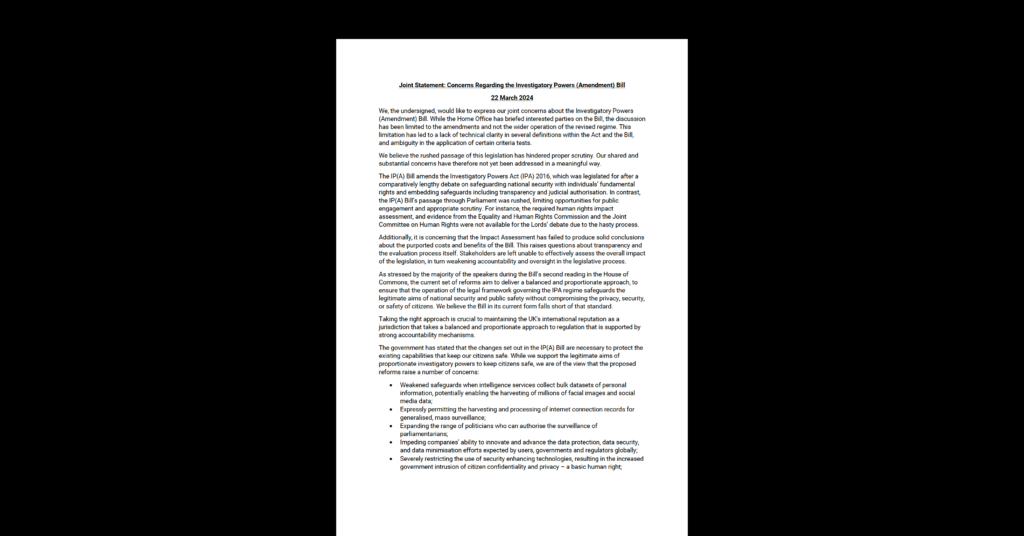European Policy, Open Internet
EU Negotiators Agree on Net Neutrality Rules – but Enforcement will be Key
Today, negotiators from the European Parliament, Member State governments, and the Commission reached a deal on net neutrality in the Telecommunications Single Market (TSM) Regulation. CDT welcomed the Commission’s initial draft, while calling for significant strengthening of parts of the text, particularly with respect to so-called “specialized services.” The European Parliament did so in April 2014, which we applauded. The subsequent negotiations between Parliament and Council have been difficult. From the outset, many Member States were skeptical if not outright opposed to adopting net neutrality rules in any form.
The final result is necessarily and visibly a compromise between very disparate views. The final text is still being tidied up, but based on the information published by the European Commission, we have a few initial observations.
The TSM regulation sets out the crucial principle of non-discriminatory treatment of traffic, independent of source or destination.
The agreed TSM Regulation includes a number of important elements. According to the Commission’s explanation of the yet-to-be-released legislation, the TSM regulation sets out the crucial principle of non-discriminatory treatment of traffic, independent of source or destination. Blocking, throttling, and paid prioritization are banned. Traffic management measures can only be used in a number of limited purposes. Importantly they can only be used for “temporary or exceptional network congestion,” not for recurring or ongoing congestion. Further, it is specified that an ISPs commercial interests cannot justify traffic discrimination.
The regulation allows “specialized” or “innovative” services. While some net neutrality advocates are opposed to the concept on principle, CDT has consistently argued that ISPs and operators should have flexibility to innovate and experiment with new services on the condition that they do not harm the quality of the open Internet, and that they are not sold or used as a substitute for it. The Regulation attempts to reflect these limitations, but CDT is troubled by reports that the exception for specialized services may be too vague and open-ended to maintain a clear distinction between Internet access service and specialized services, and ensure that the provision of such services does not leave the open Internet unharmed.
How effectively the TSM Regulation will fulfill its stated objective of safeguarding non-discrimination on the Internet will be determined by how strictly regulators supervise markets and how vigorously they intervene when necessary.
As expected, the Regulation does not ban the practice of “zero-rating”. This is consistent with the original Commission proposal and the Parliament text adopted in April 2014. While zero-rating business models can have effects similar to blocking and throttling, there are potential benefits and ways to limit any adverse effects on consumers or competing services. Regulatory supervision will be necessary.
How effectively the TSM Regulation will fulfill its stated objective of safeguarding non-discrimination on the Internet will be determined by how strictly regulators supervise markets and how vigorously they intervene when necessary. The Regulation arguably gives regulators the tools they need; they should now use them effectively. The Commission claims that this is the strongest net neutrality regulation anywhere in the world. This may be taking it too far, but if the available information about the regulation is accurate, it is a significant improvement over the status quo. It establishes EU-wide rules banning a set of potentially harmful practices, which regulators have so far had no basis to intervene against. While we remain concerned about many provisions, including the exception for blocking content to comply with undefined “measures” to enforce other laws, we recognize the significance of this accomplishment and will remain engaged as stakeholders evaluate the specifics of the Regulations and its implications for an open Internet.


